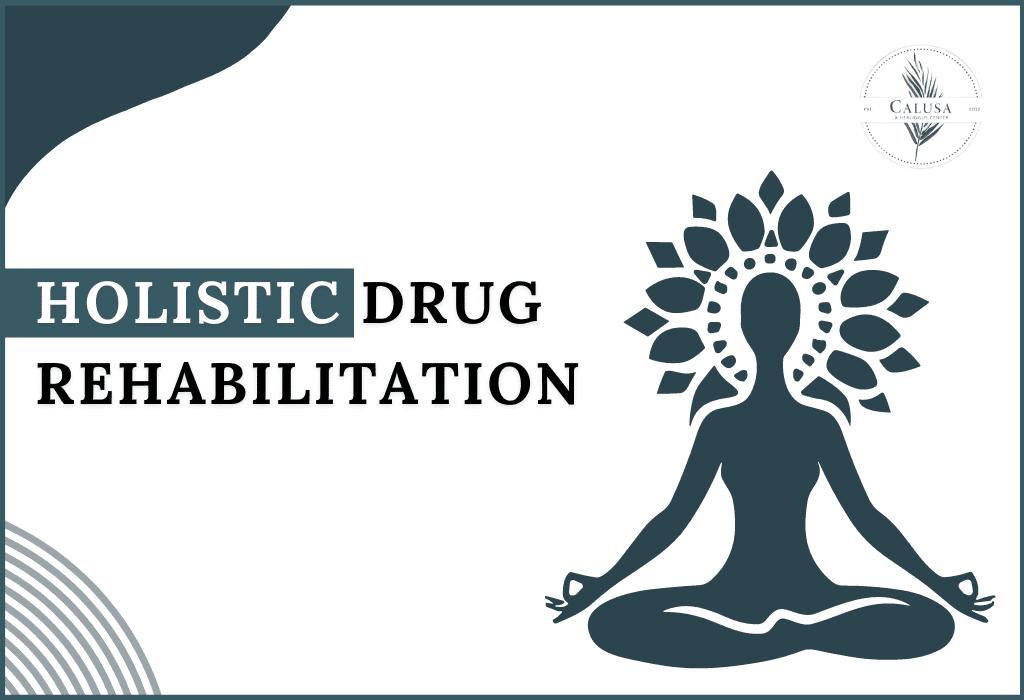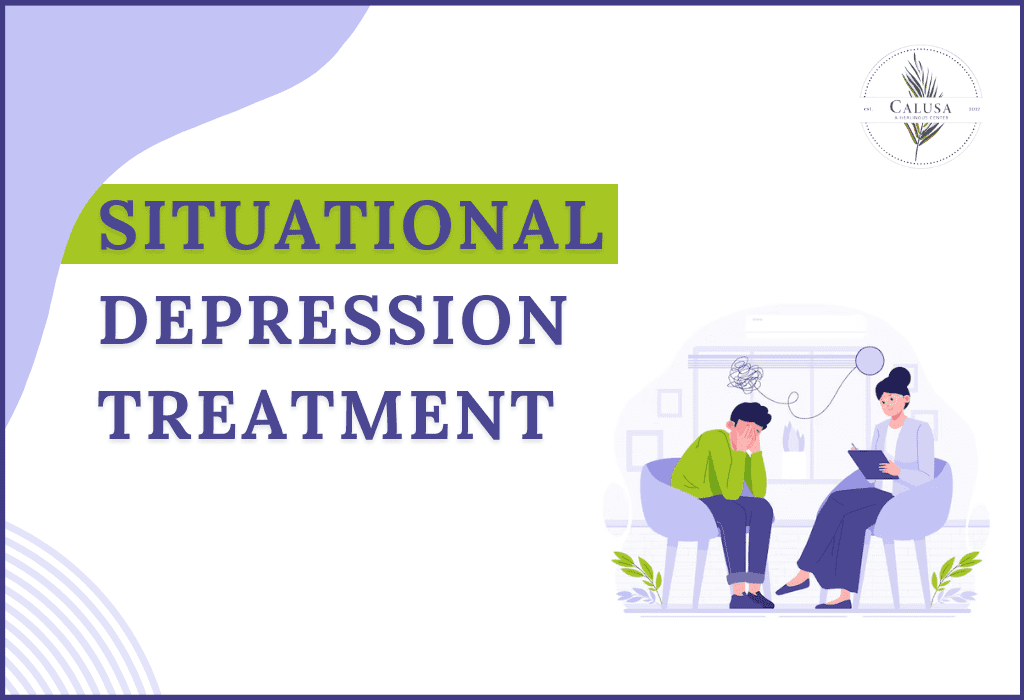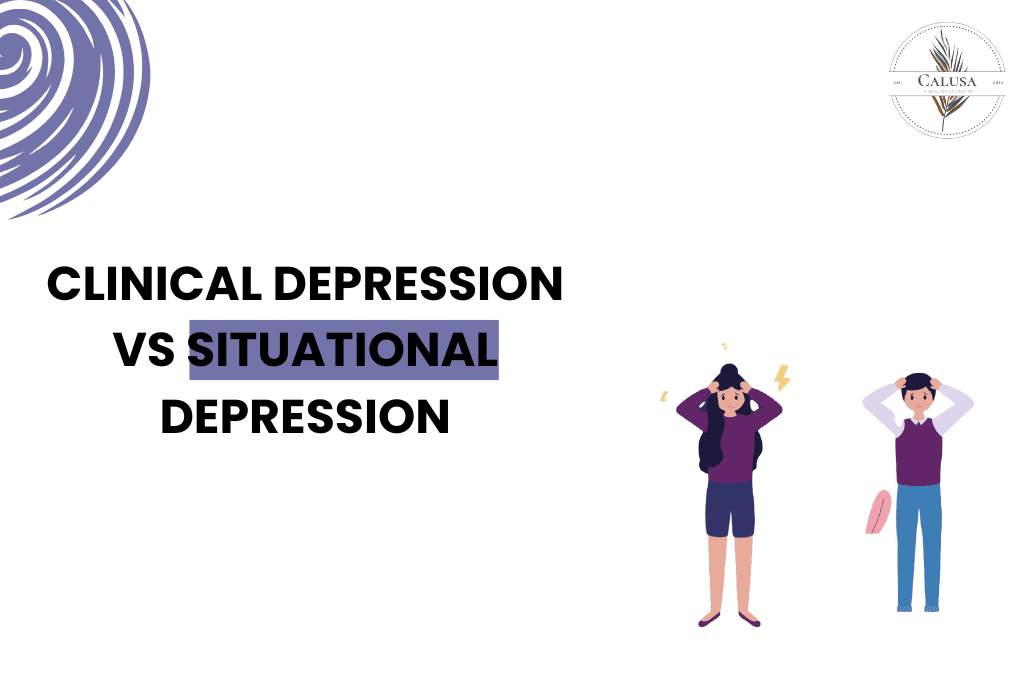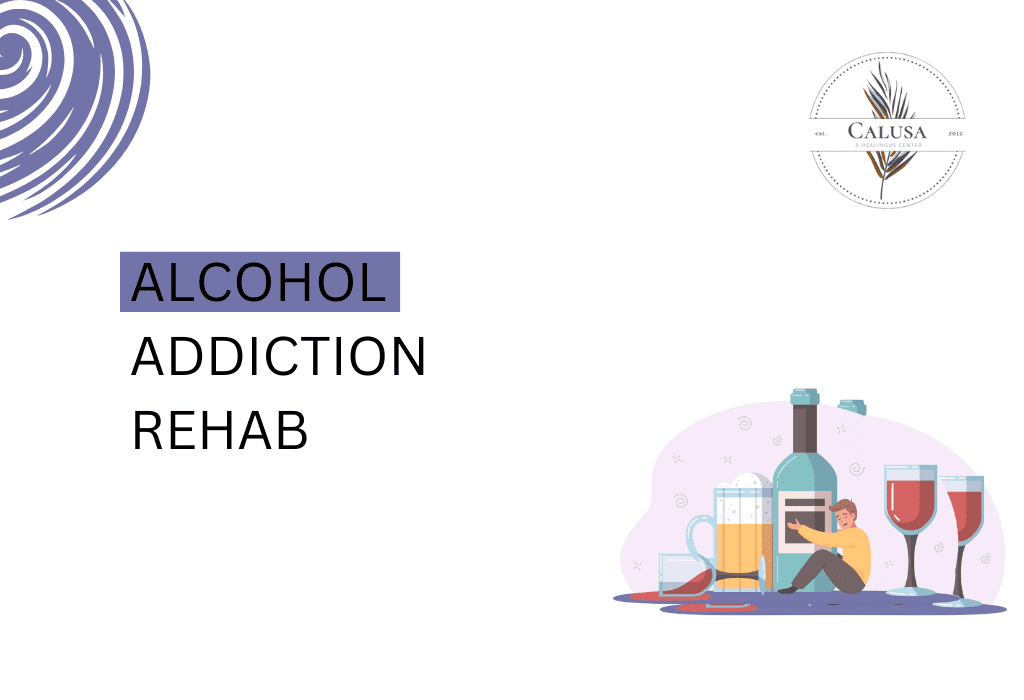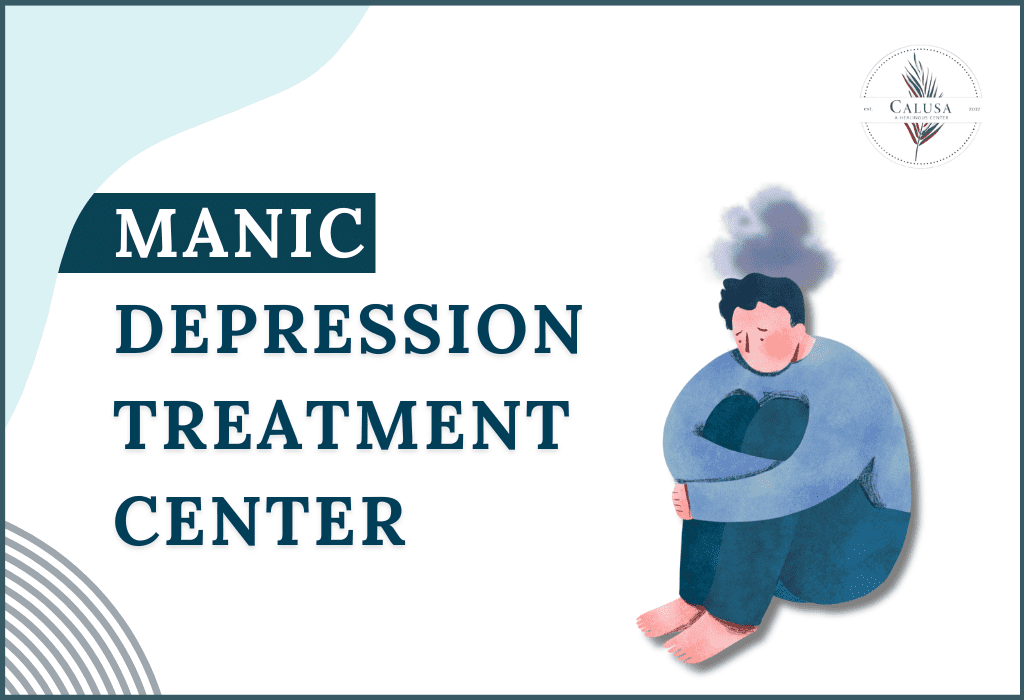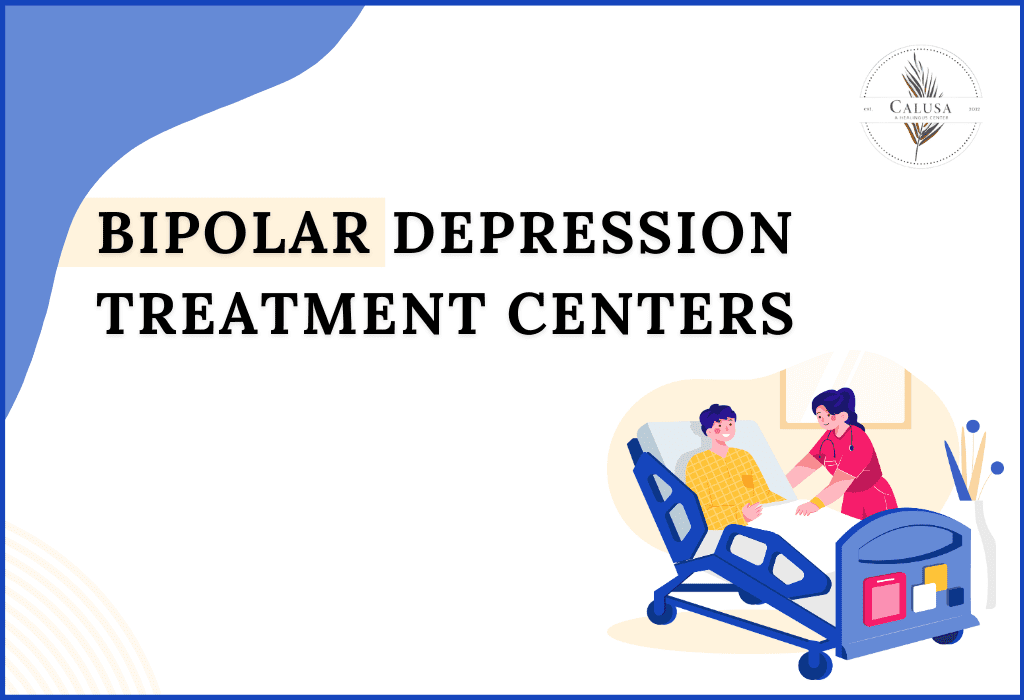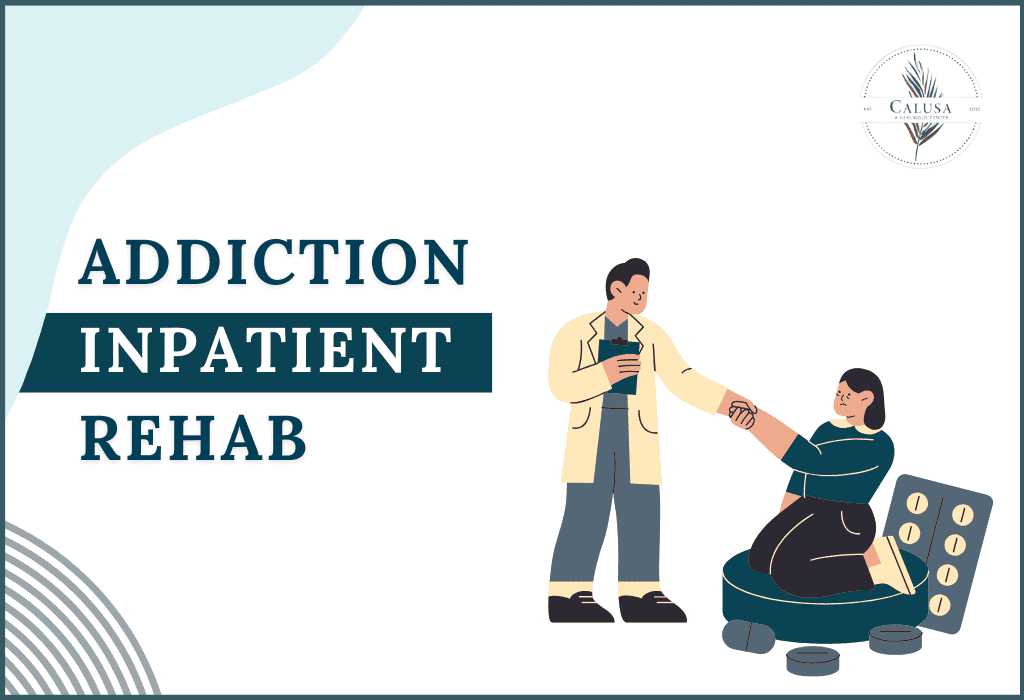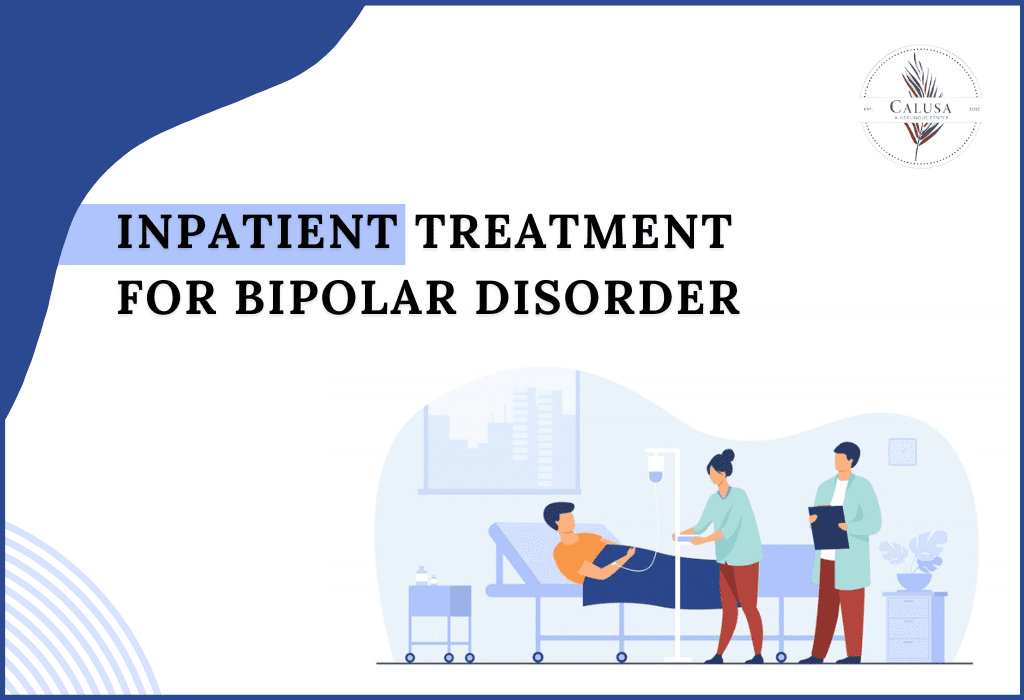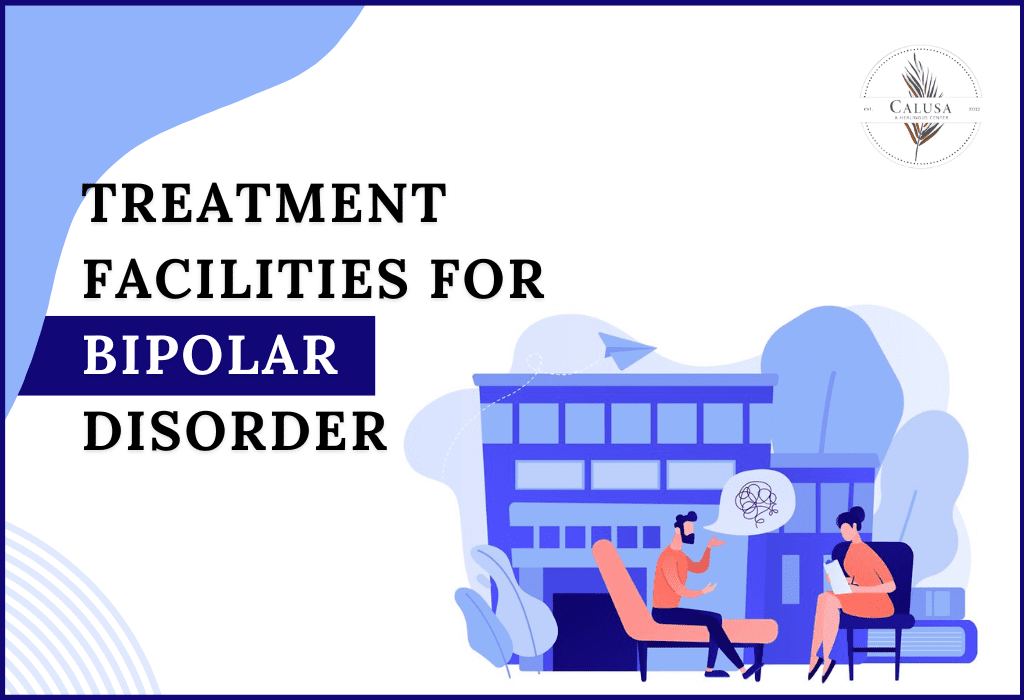Frequently, when a person comes to the sphere of recovery, he or she feels like a person who is left in front of the ocean. But there’s hope—there is holistic drug rehabilitation that is a way to recovery and not just a treatment of the symptoms of substance dependency. It offers stability, focusing on all aspects that will help the patient come to the realization that they need to recover finally. A common question being asked by people is, problem? where “What happens at a holistic drug rehabilitation?” Only an idea of what you or your loved one will go through in this healing process is to be expected.
What is Holistic Drug Rehabilitation?
Discourse on how drug rehabilitation should be in practice shows that the best way should be holistic, which is different from the general treatment process for drug dependency. It is an individualized approach to care delivery as it focuses on the physical, psychosocial, cognitive, and spiritual dimensions of the person. The aim is the integration of the individual throughout his or her entire personality with equal utilization of conventional and complementary therapies. Here, it is impossible to speak about recovery only as the cessation of the substance, but it is a life in general.
What to Expect in a Holistic Program
When in a drug rehabilitation program, an individual should be able to embrace a comprehensive drug rehabilitation program. All the treatment recommendations are personalized to meet the individual’s needs and target every aspect of the individual. Let’s take a deeper look at what happens during these programs:
- Medical Detox: This is, most of the time, the first process that is effectively implemented in comprehensive drug rehabilitation, where the body is detoxified of the toxic substances in pleasant and serene moments.
- Therapy Sessions: Psychotherapy helps people to discover where the problem started and acquire new coping strategies.
- Physical Activities: These include classroom activities such as yoga, meditation, or physical endeavors that build muscle tissue.
- Nutritional Counseling: Being nourished well is also an important component of complete drug assessment and recreation.
- Alternative Therapies: In addition to acupuncture for body pain relief, massage, and art therapy can relieve tension.
When coming through all these processes, the emphasis is placed more on long-term rehabilitation.
Advantages of Holistic Drug Rehabilitation
Comprehensive drug treatment is a very effective form of drug treatment as compared to other conventional types of drug rehabilitation. All aspects are directed not only to detox and therapy but also to quality of life and the increase of self-awareness. Below are some of the key advantages of this approach:
- Comprehensive Care: The program focuses on a complete individual and not only on the addiction that he or she has.
- Emotional Healing: Counseling targets psychological well-being, a branch of treatment that assists people in gaining insight into feelings.
- Spiritual Growth: Holistic drug rehabilitation programs offer support and a purpose for almost everyone involved because they take a spiritual approach.
- Long-term Wellness: This kind of rehab focuses on better health and is motivated by relapse prevention.
Components of Holistic Drug Rehabilitation
Substance dependency treatment will include forms of treatment that influence positive detoxification, which is effectively and healthily eliminating toxins from the body.
- Physical Exercise: Exercise such as Yoga, Tai Chi, or any other exercise that enhances physical well-being.
- Meditation: tress and anxiety Reducing.
- Art Therapy: Creative arts as one of the counseling and psychological interventions.
- Nutritional Therapy: Dieting in favor of continued physical and mental soundness for the body.
Some of the most common descriptions made by learners after each meeting are that they feel the sequences align them to their body and mind.
How Holistic Drug Rehabilitation Heals the Whole Person
Complete drug rehabilitation relies on the principles of the disease concept of addiction, to the reason that drug addiction pervades the whole life of an individual. The concept is that recovery cannot be genuine if the subject does not change on various levels at the same time. These are some ways the program helps:
- Physical Healing: Movements and dieting assist in rebuffing the body after taking substances that are not good for the body.
- Emotional Healing: Psychotherapy and complementary treatments focus on psychological mental disorders.
- Mental Healing: Counseling is concerned with behavioral patterns that cause substance dependency.
- Spiritual Healing: Most programs promote spirituality, which means that people may attune to a higher power and find meaning in their lives.
Such a multiple-reality treatment guarantees that the person receiving the treatment departs from the program with a better, healthier, and more capable personality, fit for life after rehab.
Daily Life in Holistic Drug Rehabilitation
The normal timetable of a day at a whole-person drug rehabilitation center includes activity and rest. Here’s what you might experience:
- Morning Routine: Begin a yoga session or a guided meditation in the morning in order to calm the person and concentrate.
- Therapy Sessions: In some cases, individual or team counseling is used to discuss problems and develop means of managing them.
- Exercise: These exercises are aimed at enhancing a patient’s physical abilities and concentration.
- Nutrition: Food is prepared uniquely to feed the physical body and aid in the healing process.
- Evening Reflection: Take a break for prayer or write down the activities of the day to check on the day’s productivity.
This is because each day has been designed to ensure there is constant and uneventful healing going on.
Is Holistic Drug Rehabilitation Right for You?
The effectiveness of choosing the holistic drug rehabilitation approach with a patient relies heavily on the understanding of the chance to treat the individual from all sides. If you want support, to find well, to heal yourself, or to find bargaining, it is possible for you within the frame of this program.
Consider this approach if you’re seeking:
- A personalized treatment plan
- A focus on long-term recovery
- Recovery involves more than the substance.
The holistic drug rehabilitation experience is different for everyone, but the goal is always the same: ultimate rehabilitation, which also means a better quality of life.
What Makes Holistic Drug Rehabilitation Different?
Here is the crux of what makes a holistic drug rehabilitation program different from other programs: it is all-encompassing. It doesn’t just stop at quitting the substance, which it does, but goes further to address every aspect of life. This leads to more sustainable recovery by addressing
- Physical health
- Mental clarity
- Emotional stability
- Spiritual growth
What really sets this process apart is that it addresses all aspects of lifestyle, presenting perhaps the most credible way of dealing with addiction.
FAQs
Q: What is the holistic approach to rehabilitation?
A: Rehabilitation takes an encompassing approach, meaning the affected person is treated according to their physical, mental, emotional, and spiritual state. One feature is that it includes fundamental treatments like counseling together with non-traditional cures like yoga and meditation.
Q: What is the holistic model of recovery?
A: Historically the recovery mode has been more a broad perspective of addiction as being multifaceted. It has a treatment that is centered on restoring the physical, mental, and even spiritual health of a person by using different treatments in order to cure the addiction problem and also look at the deep-seated causes, which makes it a center for long-term recovery.
Q: What are holistic treatments for addiction?
A: Complementary therapies for substance dependence are yoga, meditation, acupuncture, dietetics, and physical activity. Said treatments assist in combination with ordinary techniques to compensate for general health and physiologic homeostasis.
Q: What is a holistic treatment method?
A: When using a treatment procedure that is all-encompassing, it encompasses handling all aspects of the client, not only the substance dependency. It uses bodily, psychological as well as religious treatments to bring adjustment and total well being.
Conclusion
All in all, holistic drug rehabilitation involves a process far larger than a simple recovery from substance dependence. It is yet a concept that involves living a balanced and healthy life while being productive. This method releases the therapies of recovery involving physical, emotional, mental, and spiritual aspects of the recovery process that are needed to become and remain well after one gets out of the program.
If you’re ready to embark on a process of healing, Calusa is here for you. Realizing your personal journey towards sobriety requires more than a drug rehabilitation program is why our program is comprehensive. Contact us today and begin the journey toward long-term recovery and a healthier tomorrow.

